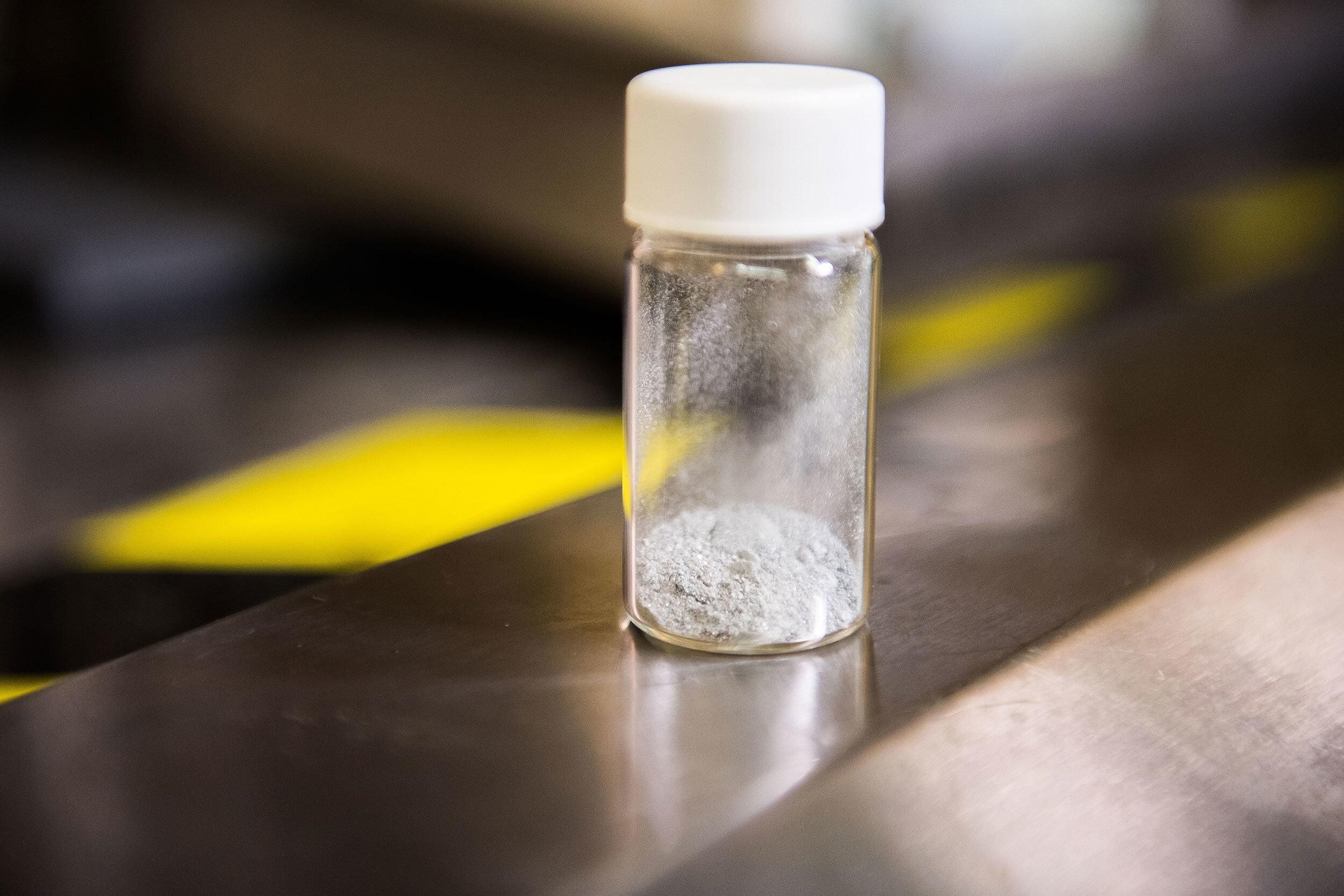

Aluminium scrap is a common byproduct on military bases and aircraft carriers worldwide. Now, the US Army is partnering with Georgia Tech to convert that waste into a powerful, off-grid energy source. Backed by a $20 million grant from the Army Research Office, Georgia Tech and its collaborators are developing scalable, efficient technologies to transform aluminium into hydrogen energy. The initiative aims to create a low-cost, clean, and reliable energy solution using discarded aluminium materials.

Aaron Stebner, professor and Eugene C. Gwaltney Jr. Chair in Manufacturing at Georgia Tech’s George W. Woodruff School of Mechanical Engineering, and also a professor in the School of Materials Science and Engineering, will lead the multi-year project alongside Scott McWhorter, who heads Federal Initiatives at Georgia Tech’s Strategic Energy Institute.
The research team includes experts from Georgia Tech, the Georgia Tech Research Institute, and collaborators from Fort Valley State University, the 21st Century Partnership, MatSys, and Drexel University. The team aims to engineer aluminium’s material properties to enable cost-effective manufacturing that triggers a highly efficient reaction for producing clean, low-cost hydrogen.
“Aluminum already reacts with water even wastewater and floodwater — to create hydrogen gas, power, and thermal energy. If aluminium can be efficiently upcycled into stored energy, it could be a game-changer,” said McWhorter.
Overcoming challenges
Several years ago, the Army Research Lab developed and patented a foundational technology for recycling aluminium to generate hydrogen gas. However, the current manufacturing processes consume more energy than the hydrogen they produce, limiting the technology’s practicality.
To overcome this challenge, Aaron Stebner and his team will explore alternative manufacturing techniques and develop automated systems for safely producing and storing stable aluminium. They also plan to enhance these processes using digital twin technologies for precision and efficiency.
At present, manufacturers rely on large, highly controlled machines to grind and tumble aluminium, as stray aluminium powder poses an explosion risk. These safety precautions make the process extremely expensive.
A system that will operate entirely on solar power
Stebner and his team are exploring compact, modular technologies that could enable convenient, onsite energy generation. Their goal is to design systems that are so efficient that they can operate entirely on solar power. Stebner envisions a setup where a field of solar panels powers the aluminium-processing modules during the day, allowing the recycling of aluminium to generate hydrogen and deliver continuous, around-the-clock energy.
“The Deep South — especially middle and southern Georgia, Alabama, Mississippi, and Louisiana — often has enormous energy disruptions during hurricanes or power outages due to flooding and severe rains. Manufacturers can be hesitant to build big plants there, because the grids aren’t as stable. This same technology that the Army plans to use for remote military bases could be a game-changer in rural Georgia,” said Stebner.
After developing the necessary manufacturing techniques and processes, the team plans to test their effectiveness by generating power for rural communities in Georgia. A successful demonstration would validate the technology’s potential for military use and other off-grid applications. In the event of unexpected power outages in those areas, floodwater could be used to produce hydrogen gas. Although hydrogen hasn’t yet reached widespread adoption, Stebner believes it holds significant promise as a clean alternative to fossil fuels.
Image Source: Georgia Tech
Responses








